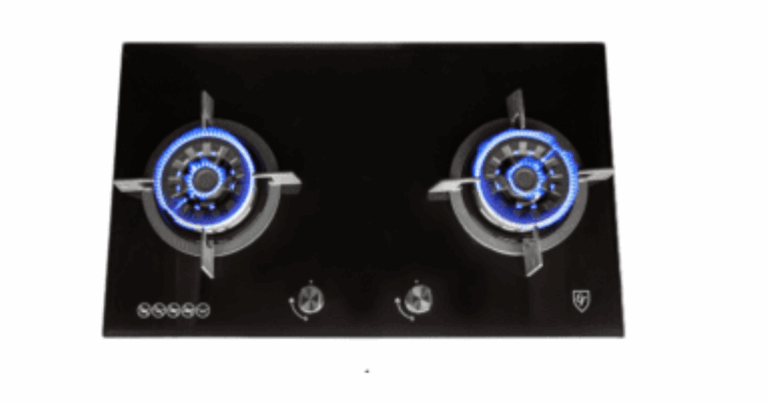What Are the Fees for Travel?
When you need a Mobile Notary to come to your location, travel fees help cover the cost of getting the notary to you. These fees vary based on factors like distance, time, and urgency. Whether you’re arranging a routine notarization at home or requesting specialized services at a hospital, jail, airport, or during an emergency, understanding these fees will help you plan and budget accordingly. Travel fees ensure that notaries can reliably serve clients outside a traditional office setting while covering expenses such as fuel, vehicle maintenance, and the value of the notary’s time.
When scheduling a Hospital Notary Service, travel fees often account for the notary’s extra precautions and the unpredictable nature of hospital security and parking. Notaries frequently face longer wait times and additional security checks, which justifies a slightly higher rate compared to standard appointments. By charging travel fees, mobile notaries can guarantee availability for clients in any environment, from a patient’s bedside to a busy ER lobby.
Factors That Determine Travel Fees
Before you commit to a mobile notary appointment, it’s crucial to understand what goes into travel fee calculations. These variables help ensure fair compensation for the notary while providing transparent pricing for clients:
Distance and Mileage
Every mile the notary travels adds wear and tear to their vehicle and incurs fuel costs. For appointments outside a defined service radius, many notaries apply a per-mile or flat-rate surcharge. Urban areas may command different rates than rural locales due to traffic congestion or more challenging routes.
Time and Availability
Mobile notaries set aside time in their schedule to travel, which means they must decline other clients or tasks. Early-morning, late-evening, weekend, or holiday appointments can carry premium travel fees. Notaries often charge hourly minimums or fixed fees for off-hours to compensate for their limited availability.
Special Locations and Security
Certain venues, such as correctional facilities or transportation hubs, require additional time for security screening and check-in procedures. When you request a Jail Notary Service, expect travel fees that reflect these added administrative steps and any parking or entry fees the facility imposes.
Standard vs. Emergency Travel Fees
Not all travel fees are created equal. Understanding the distinction between routine and rush services will help you choose the right option:
Routine Travel Fees
Standard travel fees apply to appointments booked at least 24–48 hours in advance. These fees tend to be lower and more predictable, with clear rate tables or mileage caps. Routine fees allow mobile notaries to plan their routes efficiently, grouping multiple clients in the same area to optimize travel time.
Emergency Premiums
When time is of the essence, emergency appointments incur additional charges. If you need Emergency Notary Services outside normal business hours or on short notice, expect fees that cover expedited scheduling, last-minute routing, and potential overtime rates. Emergency travel fees safeguard the notary’s ability to rearrange their day and prioritize your request.
How to Estimate Your Total Travel Fee
To budget effectively, follow these steps when requesting a quote:
-
Provide Exact Location: Share the full address where you need the notary to meet you. This ensures accurate mileage calculations.
-
Specify Appointment Time: Let the notary know if you require after-hours or weekend service.
-
Mention Any Special Requirements: If you need services in an airport lounge or remote terminal, note potential parking fees or additional entry passes.
-
Ask for a Written Quote: A breakdown of base travel fee, per-mile charge, and any surcharges helps you compare providers.
Travel Fee Examples and Scenarios
To illustrate how these fees might add up, consider the following scenarios:
1. Suburban Home Visit
-
Distance: 10 miles from notary’s office
-
Rate: $0.75 per mile
-
Time: Midday weekday appointment
-
Estimated Fee: $7.50
2. Hospital Appointment
-
Distance: 15 miles
-
Additional Wait Time: 30 minutes of security processing
-
Flat Rate Wait Fee: $25
-
Estimated Fee: (15 miles × $0.75) + $25 = $36.25
3. Jail Notarization
-
Distance: 20 miles
-
Security & Parking Fees: $10
-
Estimated Fee: (20 miles × $0.75) + $10 = $25
4. Airport Document Signing
When arranging Airport Notary Services, fees often include both travel and parking costs. A request at a major airport terminal might involve expensive short-term parking or terminal access charges.
5. Emergency Weekend Call
-
Distance: 5 miles
-
Weekend Premium: $50 flat emergency surcharge
-
Estimated Fee: (5 miles × $0.75) + $50 = $53.75
Tips to Minimize Travel Fees
Travel fees can add up, especially when you have multiple documents or need services in specialized locations. Here are some strategies to keep costs manageable:
-
Consolidate Documents: Organize all notarizations in a single meeting to avoid multiple trips.
-
Book in Advance: Routine scheduling often qualifies you for lower rates compared to last-minute bookings.
-
Choose Central Locations: If possible, meet your notary at a mutually convenient spot within their standard service area.
-
Share Commute with Neighbors or Colleagues: Group appointments reduce per-client travel fees and can lead to discounts.
Conclusion and Next Steps
Understanding travel fees ensures there are no surprises when your mobile notary arrives. Fees vary based on distance, timing, urgency, and location-specific requirements. By asking for detailed quotes, consolidating your appointments, and planning ahead, you can secure reliable notary services without breaking the bank.
Whether you need a standard Mobile Notary, specialized Hospital Notary Service, secure Jail Notary Service, urgent Emergency Notary Services, or convenient Airport Notary Services, knowing what drives travel fees will help you make informed decisions. When you’re ready to schedule, reach out with your location details and document needs—your notary will handle the rest, ensuring your notarization is smooth, transparent, and cost-effective.







